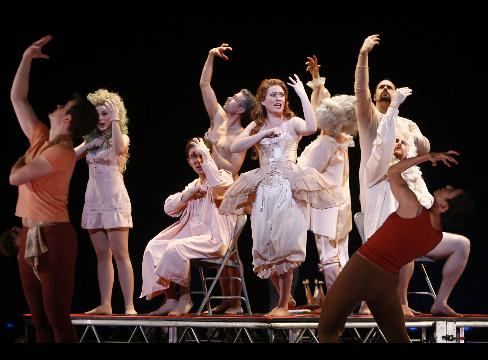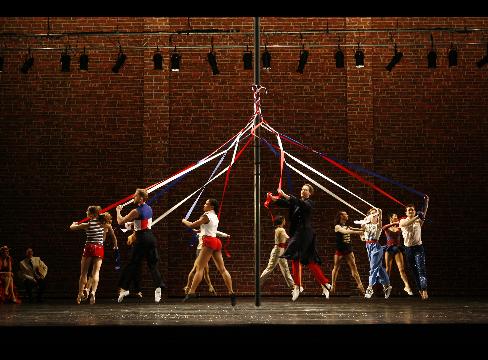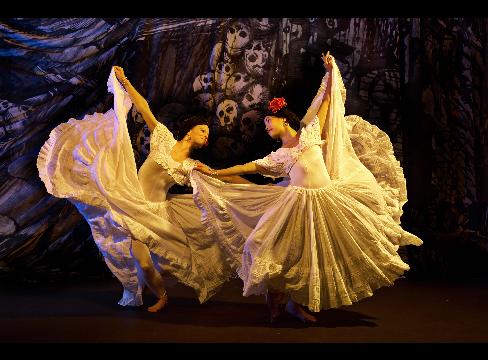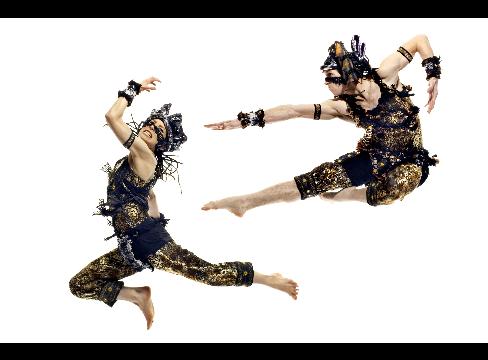I’ve always thought of myself as an addictive personality, but life is forever proving me wrong.
Take alcohol, for instance. My father–himself only a social drinker, and not much of one at that–introduced me to an occasional dab on the tongue of very good scotch when I was a mere child, so that, as he put it in his raspy voice, I wouldn’t make a fool of myself when I got older. The Scotch tasted foreign and, in the parlance of my tender years, yucky. At the same time it seemed one of the accoutrements of the adult world, a realm I aspired to, childhood as I perceived it being a claustrophobic thicket of arbitrary rules.
On my first date–age thirteen, at the “nightclub” of a Borscht Belt hotel–my youthful swain asked me what I’d like to drink and suggested an innocuous just mildly spiked lemonade affair suitable for young virgins. Duly cognizant of the dangers of imbibing a substance I’d never tried at home, I rebuffed his cautious proposal and requested a scotch and soda. Scotch was the only alcoholic beverage I knew besides wine. Wine was my mother’s preference. My mom always claimed scotch tasted like shoe polish. What bizarre experiment could have brought her to that conclusion?
A couple of decades hence, having turned into a dance journalist, I became aware of the heavy drinking indulged in by a couple of my colleagues. (I myself learned in time that there are some performances–I call them “double-scotch events”–that might easily drive one to drink, but it’s hard to review them coherently in a state of advanced intoxication.) So fearful was I that I might become similarly undone, I observed an annual two-week total abstinence just to make sure I had “demon liquor” under control. I did, Puritan that I was.
Take smoking, then. I took it up at college, having already been raised in a cloud of secondhand smoke. Both my parents were two-packs-a-day consumers–and my father a physician, no less. My sense of the glamour of smoking came, of course, from the old movies (Now, Voyager, for instance) and the fact that my minor in French led me to hang out with the most chic professors in the school. When I could afford those hyacinth blue packets, I bought Gauloises. The rest of the time, I resorted, as my French idols did, to Camels, reputed, perhaps falsely, to carry the heaviest load of nicotine and tar available. I never inhaled.
Next, in short order, I graduated, married, and duly produced a baby. (That’s how we did things back in the day–took care of lots of the heavy stuff before we reached the age of reason.) I found that I was relaxed enough to smoke only when I sat down to nurse my infant son. One day, after he’d lost his crib hair, I noticed to my horror that still-glowing ashes from my cigarette were falling onto his dear bald head. I quit smoking then and there. No withdrawal symptoms arrived to plague me, and I rarely missed cigarettes. The glamour of smoking had lain with my cinematic and Parisian models; a sleep-deprived housewife and nursing mom simultaneously trying to earn her master’s degree in English lit has, by definition, lost her passport to that world. I spoke a lot of French to my infant, just to keep my hand in and secretly adhering to the theory that a foreign tongue can be imbibed with one’s mother’s milk. My son, as it turned out, did not confirm that theory. He was a scandalously early talker–spoke in sentences, indeed paragraphs, before he could walk–but, though he’d obey a command in French if caught unaware, his utterances were firmly confined to English.
I didn’t do drugs either. Not even recreational ones. I didn’t work up the courage to try until I had two half-grown kids, and then I felt that if I was instructing them to say no, I had to follow the rule myself. Eventually, the aforementioned son, home on holiday from his name-brand college, where he had tried out a number of controlled substances, brought me, at my request, a cache of marijuana. I put it away carefully to save for “the proper occasion” and, predictably, managed to lose it. From time to time I look desultorily through my drawers and files, in the faint hope of retrieving evidence of a misspent youth I had never managed to have. My daughter took after me. Arriving home after a college party–she attended the same institution as her brother, whose description of the very same party included a gaudy menu of pharmaceutical refreshments–she asked me mournfully, “Why doesn’t anyone ever offer me a controlled substance?” I sympathized and explained, “You’re just not the type.”
My addiction of choice–or, rather, necessity–is pitifully harmless: caffeine. How else, I often wonder, could I have survived the rigors of devoted child-raising coupled with a (I use the word advisedly) career in writing about dance? I have quit, cold turkey, several times, the main withdrawal symptom being a piercing headache that no aspirin can ameliorate. I’d stay off all sources of caffeine–even chocolate–for weeks, even months, then relapse, relief far outweighing guilt. My most memorable succumbing was through an intensely rich double espresso bought from a celebrated restaurant’s outdoor cart in Little Italy. I sipped it slowly, with the deepest pleasure, walking down Grand Street. After five minutes, everywhere I looked, colors jumped out at me, more vivid than anything that has ever hung on MoMA’s walls. Marvelous stuff, coffee. To paraphrase Sydney Smith’s paean to tea: Thank God for coffee! What would the world do without coffee? How did it exist? I am glad I was not born before coffee.
Over the years I decided that there must be a gene for addiction. This was simply a fantasy on my part, but lately researchers have been looking seriously into the possibility that some people are simply born vulnerable to indulgences capable of destroying body and soul. I know for sure that there’s a gene for understanding the digital world, another for attaining whatever mathematical capabilities follow the memorization of the multiplication tables, and yet another for a sense of geography that keeps one from getting lost the moment one leaves home base. I don’t have any of them. I’m good with children, I have a keen eye for style, and some people even think I can write.
© 2008 Tobi Tobias







